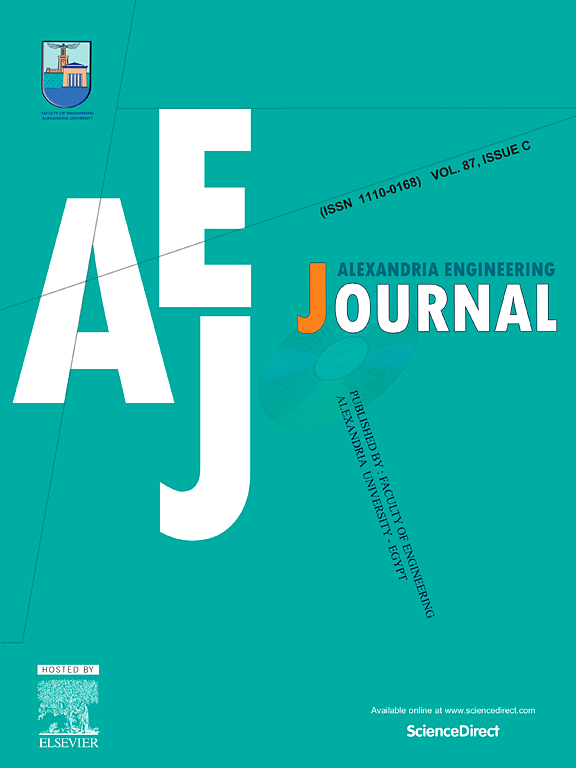增强基于物联网异常检测的联邦学习:基于声誉的客户端选择方法
IF 6.8
2区 工程技术
Q1 ENGINEERING, MULTIDISCIPLINARY
引用次数: 0
摘要
联邦学习(FL)能够在分散的、隐私敏感的环境中进行协作模型训练,但通常会遇到收敛缓慢、客户端选择不平衡以及非IID数据挑战等问题。我们提出了一种基于信誉的比例公平客户端选择机制,从准确性、一致性、网络条件、数据质量和历史可靠性计算每个客户端的信誉。通过在确保公平参与的同时自适应地优先考虑高贡献客户,我们的方法加速了趋同并平衡了贡献。在IID和非IID设置下对UNSW‑NB15入侵检测数据集的评估表明,与fedag和FedProx相比,我们的方法显著减少了达到稳定精度所需的通信轮数,同时增强了模型的泛化和鲁棒性。这种可扩展的策略促进了FL在物联网和网络安全领域的高效、包容性学习。本文章由计算机程序翻译,如有差异,请以英文原文为准。
Enhancing federated learning for IoT-based anomaly detection: A reputation-based client selection approach
Federated Learning (FL) enables collaborative model training across decentralized, privacy-sensitive environments but often suffers from slow convergence, unbalanced client selection, and non‑IID data challenges. We propose a Reputation‑Based Client Selection Mechanism with proportional fairness, computing each client’s reputation from accuracy, consistency, network conditions, data quality, and historical reliability. By adaptively prioritizing high‑contributing clients while ensuring equitable participation, our method accelerates convergence and balances contributions. Evaluations on the UNSW‑NB15 intrusion detection dataset under IID and non‑IID settings demonstrate that our approach significantly reduces the number of communication rounds needed to reach stable accuracy compared to FedAvg and FedProx, while enhancing model generalization and robustness. This scalable strategy advances FL for efficient, inclusive learning in IoT and cybersecurity.
求助全文
通过发布文献求助,成功后即可免费获取论文全文。
去求助
来源期刊

alexandria engineering journal
Engineering-General Engineering
CiteScore
11.20
自引率
4.40%
发文量
1015
审稿时长
43 days
期刊介绍:
Alexandria Engineering Journal is an international journal devoted to publishing high quality papers in the field of engineering and applied science. Alexandria Engineering Journal is cited in the Engineering Information Services (EIS) and the Chemical Abstracts (CA). The papers published in Alexandria Engineering Journal are grouped into five sections, according to the following classification:
• Mechanical, Production, Marine and Textile Engineering
• Electrical Engineering, Computer Science and Nuclear Engineering
• Civil and Architecture Engineering
• Chemical Engineering and Applied Sciences
• Environmental Engineering
 求助内容:
求助内容: 应助结果提醒方式:
应助结果提醒方式:


